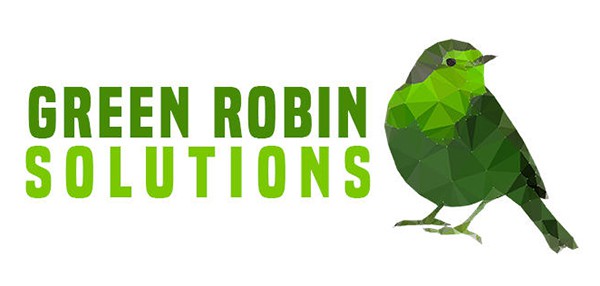Being wickedly efficient isn’t for everyone, and that’s okay! Some people love to be organised (we all remember Monika from Friends) and others view it as a faith worse than death which stifles their creativity.
Irrespective of where you fall on this spectrum, hopefully some of these efficiency tips will be of use.
Step 1 – What am I going to do today?
It is 8:45, you are sat at your desk about to start work. Before you start reviewing your emails and getting stuck in take five minutes to complete the below tasks.
- Compile a list of all the things you want to achieve by the end of the day
- Then, colour code these tasks:
- RED – important and urgent tasks – complete these first
- AMBER – important but not urgent tasks – complete these second
- GREEN – neither important or urgent tasks – complete these as and when time permits
- Set intra-day deadlines to ensure tasks are completed in a timely manner
- As you complete each task, make sure to tick them off as complete
- Set times for breaks and during these times do personal tasks
Arranging your day and your ‘to-do’ list helps to ensure that you don’t simply put all your energy into things you like at the expense of those tasks which are difficult, boring or administrative in nature.
Step 2 – distractions must not be distracted… oh ice cream!
You’ve made your list; you know what you want to do! But plans can be hard to stick to, particularly when you have distractions.
Firstly, what is or is not a distraction.
- Although a distraction from the task at hand, answering a phone call from a client is not a distraction
- However, surfing the internet is a distraction
To eliminate distractions.
- Don’t constantly monitor emails / text messages. Set a reminder to review them once an hour. If there is an emergency, advise someone to call you.
- Avoid needless meetings. Ensure that you only accept meetings where there is a clear agenda or topic to be covered
- Be honest with colleagues, advise them that you have deadlines to meet and if necessary, move to a different work environment.
You may think that the last point may seem overly dramatic, but remember who is going to be stuck late at work meeting a client deadline or fielding questions from unhappy clients?
Step 3 – leave fighting fires to the professionals!
A well planned and orderly work environment should never be on fire. Fires are like issues in a project, they don’t suddenly appear, they should be on your radar long before they become an issue.
Therefore, to stop firefighting.
- Track tasks and establish deadlines for completing them
- Where deadlines are missed, understand why they have been missed and establish realistic deadlines
- Where things go wrong, establish the root cause and fix that, not the outcome
- If you manage teams or use 3rd party supplier to deliver a service, have regular meetings (huddles) to track progress
- Where possible keep a log of ‘fires’ – set time once a month to establish if a pattern can be established and then set about resolving the root cause
Step 4 – share the love!
Unfortunately, we can’t do everything perfectly all the time. Sometimes, we need to delegate or outsource a task. Particularly when completing the task will take up too much time or be a distraction from completing more important work.
In order to do this effectively, the below must be completed.
-
- Clearly articulate the task including constraints, boundaries, risks and points of note
- Articulate the desired outcome and timeline for completion
- Delegate tasks to the right level within your business, use delegation as learning opportunities
- Step away from the task and only check outcomes. If a task is not completed in line within point 1, establish what went wrong, was it not explained currently
Step 5 – Everything in its place and in its place has everything!
At the end of each day the below tasks should be completed.
-
- Review your ‘to-do’ list to establish progress made
- Understand why certain RED or AMBER tasks were not completed and make notes to ensure these are prioritized for the next day
- Take pride in what you have achieved during the day
- Clean and tidy your workspace – file papers, or sort for recycling and ensure you’ve got the tools in place for the next working day
Green Robin Solutions is a business optimisation and process improvement consultancy, specialising in business resilience by ensuring clients have the right processes in place.
We offer a no obligation 30-minute consultation to discuss resilience, continuity and disaster planning, and more widely how problem processes within your business can be dealt with.
Email: rob@greenrobinsolutions.com
Website: www.greeenrobinsolutions.com
Mobile: 07486864804

